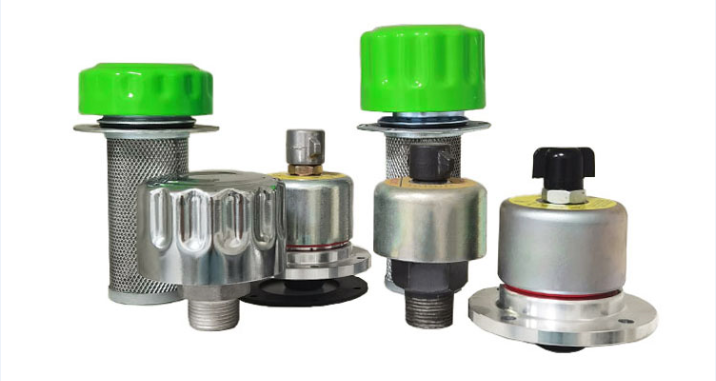Choosing the right type of hydraulic oil filter is one of the key factors to ensure the normal operation and long life of the hydraulic system. The following will analyze how to choose the right hydraulic oil filter model to ensure the efficient and economical operation of the hydraulic system:
1. Determine system requirements of hydraulic oil filter
(1) System type and cleanliness level
According to the type of hydraulic system (such as servo system, high-precision proportional system, ordinary proportional system, etc.) to determine the required oil cleanliness level, which directly affects the accuracy of the filter selection. For example, servo systems typically require high levels of cleanliness and filtration accuracy.
(2) System working pressure and flow rate
Consider the working pressure and flow of the system to ensure that the selected filter can withstand the pressure in the system and the flow through it, avoiding filter damage caused by excessive pressure or flow.
2. Select the filtering accuracy of hydraulic oil filter
(1) Select filtration accuracy according to system requirements
Different hydraulic systems have different requirements for filtration accuracy. For example, a high precision servo system may require a filtration accuracy of 5 microns, while a common proportional system may require a filtration accuracy of 10 microns.
(2) Consider component sensitivity
The sensitivity of the components in the system to contaminants will also affect the selection of filtration accuracy. More sensitive components require a higher level of filtration protection.
3. Consider the filter type
(1) Surface type filter
It is suitable for capturing impurities of larger particles and is usually used for initial filtration.
(2) Depth filter
The ability to capture smaller particles is suitable for systems requiring higher cleanliness.
(3) Magnetic filter
Specially designed to adsorb metal particles, suitable for use in systems where metal wear particles are produced.
4. Assess your work environment of hydraulic oil filter
(1) Temperature and chemical conditions
Consider the environment and conditions in which the hydraulic system works, such as temperature, chemical corrosion, etc., to select the appropriate materials and design filters that can adapt to these conditions.
(2) Impurity type and amount of production
The type and capacity of the filter is selected according to the type and amount of impurities in the system to ensure effective filtration without frequent replacement of the filter element.
5. Calculate efficiency and cost of hydraulic oil filter
(1) Efficiency and performance
Ensure that the selected filter provides high filtration efficiency while meeting system performance requirements.
(2) Cost consideration
Under the premise of meeting the technical requirements, considering the cost and maintenance costs of the filter, choose cost-effective products.
6. Consider ease of installation and maintenance
(1) Installation space
Select the appropriate size filter based on the space available in the system to ensure that installation is easy and does not affect other components of the system.
(2) Maintenance and replacement
Choose a filter model that is easy to maintain and replace the filter element for easy daily operation and maintenance work.

